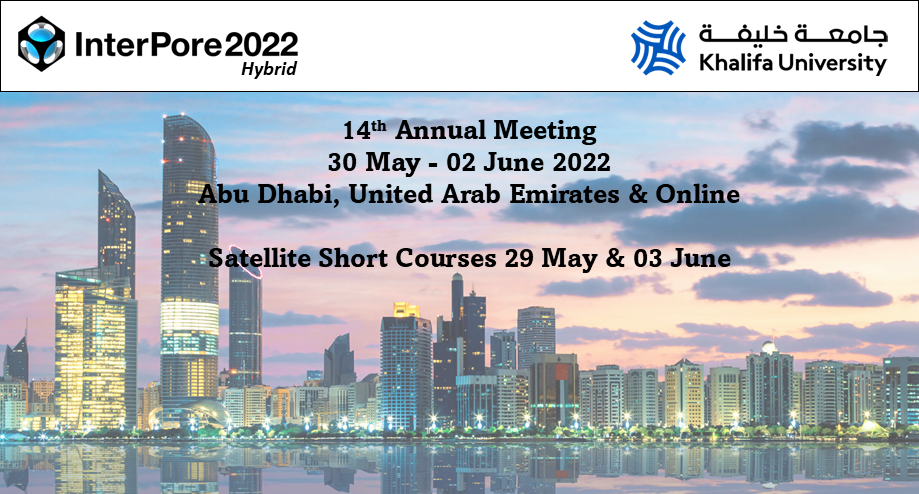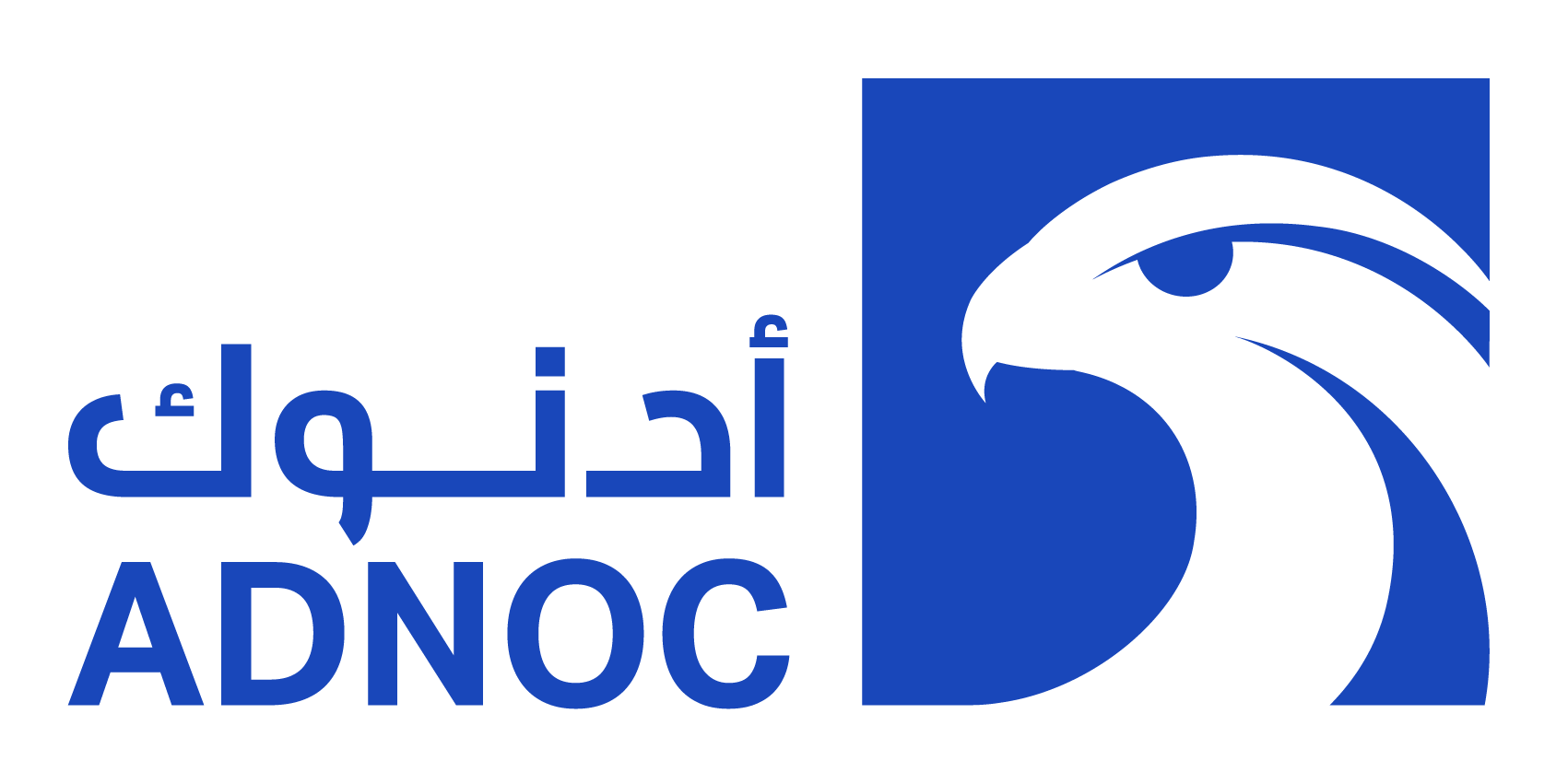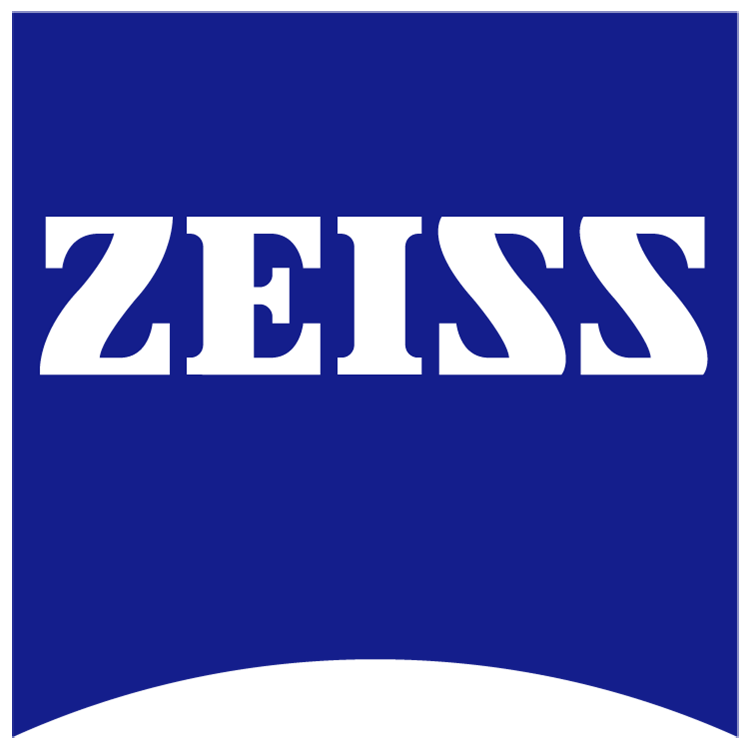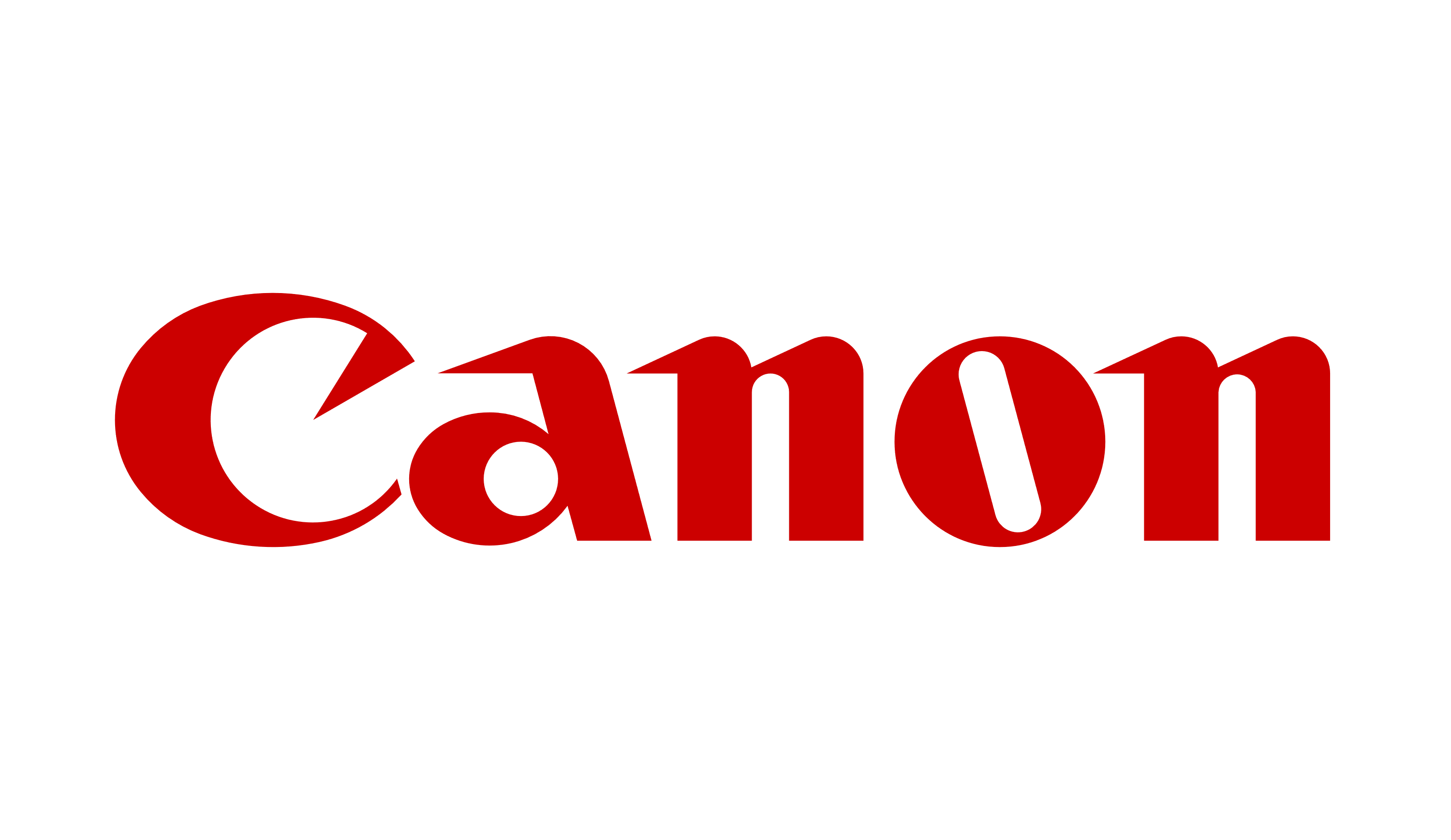Speaker
Abdullah AlOmier
(King Abdullah University of Science & Technology )
Description
- Objectives/Scope:
Microfluidics is an emerging technology that has gained attention by the industry for its capabilities to investigate and visualize fundamental recovery mechanisms at the pore scale in a microdevice, mimicking, to some extent, the actual rock pore-network. While current technologies are capable of building micromodels that are either water-wet or oil-wet, a technique to achieve a representative mixed-wet property is still unreached. In this work, we introduce a novel method to build microfluidic systems with selective wettability, oil-wet and water-wet, mimicking an actual mixed-wet rock. - Methods, Procedures, Process:
The design of the microfluidic devices replicates the actual pore-network of an oil-bearing reservoir rock. The flow pattern was obtained through the digitalization of a thin section image from a core. A silicon substrate served as a foundation for the photolithography process optimization and to forge the workflow for wettability alteration. Deep reactive ion etching technique was used for silicon patterning and building the microfluidics device substrate imitating a pore-network structure with pore-throats ranging from 1 µm to 60 µm. The resulted micromodel substrate serves as a two-dimensional proxy, where we remove the inherent complexity of the three-dimensional porous network in rocks, which facilitates narrowing into the mechanisms that occur at pore-scale. - Results, Observation, Conclusions:
We developed a fabrication workflow for silicon-based microfluidic devices with selective wettability. The selection of silicon-based microfluidic devices lies in the favorable compatibility of silicon for oil and gas applications, including high temperature and pressure and the affinity for crude oils and organic solvents usage. A selective wettability control mask and calcite coating using Atomic Layer Deposition technique (ALD) were used for surface wetting properties alteration. The calcite-coated regions of the microdevice substrate shift the localized wetting state of the silicon towards hydrophobic, while in the mask-protected areas, the wettability remains unchanged. Surface measurements, including X-Ray Diffraction (XRD) and Scanning Electron Microscopy (FIB-SEM) Imagining, were performed to evaluate the calcite film composition and morphology. The fabrication workflow resulted in a microfluidics device, also referred to as a “Reservoir-on-a-Chip”, with controlled mixed-wet properties. Furthermore, we performed flow experiments to investigate fluid injectivity and connectivity of the microdevice. Variable temperatures between 23oC and 90oC were used for the flow experiments to ensure the microchip can withstand reservoir-like conditions. - Novel/Additive Information:
This work presents a novel technique for fabricating microfluidic devices with mixed wettability for the first time. We used a control mask and calcite coating with Atomic Layer Deposition to alter the hydrophilic surface of the silicon device and generate hydrophobic surface in selected regions. Tuning the wetting state of the microdevices to mimic the mixed-wet characteristics of reservoir rocks, such as carbonates and shales, can enhance the understanding of fundamental fluid behaviors and interaction between the water-oil-rock phases.
| Participation | In person |
|---|---|
| Country | Saudi Arabia |
| MDPI Energies Student Poster Award | Yes, I would like to submit this presentation into the student poster award. |
| Time Block Preference | Time Block A (09:00-12:00 CET) |
| Acceptance of the Terms & Conditions | Click here to agree |
Primary author
Abdullah AlOmier
(King Abdullah University of Science & Technology )
Co-authors
Antonia Sugar
(King Abdullah University of Science & Technology)
Dongkyu Cha
(Saudi Aramco)
Subhash C. Ayirala
(Saudi Aramco)
Hussein Hoteit
(King Abdullah University of Science & Technology )









